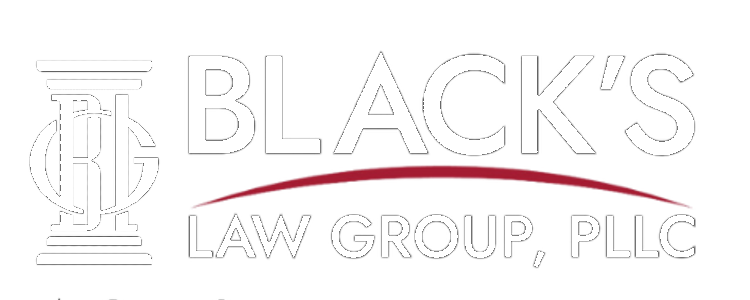Drug crimes in Connecticut can largely be divided into two categories. There are charges related to the simple possession of narcotics or paraphernalia to use or ingest those narcotics. There are also charges related to Possession with Intent to Sell narcotics, which are more serious charges. The former are misdemeanor offenses, whereas Possession with Intent to Sell cases involve felony charges, some of which include mandatory minimum sentences.
If you or a loved one are being investigated or have already been arrested for Possession with Intent to Sell, you are likely scared, concerned, and overwhelmed. Call our experienced and dedicated attorneys at Black’s Law Group for an initial consultation where we can answer some of your likely many questions.
Until then, you can continue reading the rest of this post to learn about some of the basics about the criminal charge of Possession with Intent to Sell.
What is Possession with Intent to Sell?
Lots of people think that they can only be convicted of “drug dealing” if they are caught making actual sales. In Connecticut, this is not the case. Instead, Connecticut punishes the actual sale and someone’s possession with the intent to sell equally.
Possession with Intent to Sell cases are incredibly fact-dependent, as different types of controlled substances include different associated penalties. However, some of the most common threads in Possession with Intent to Sell offenses are:
- That you were in possession, actually or constructively, of a controlled substance
- The quantity of the controlled substance that you possessed
- The intent to sell, dispense, or distribute (giving a controlled substance as a “gift” is not punished differently than receiving money in exchange).
What types of criminal penalties do I face?
The penalties that you might face for a Possession with Intent to Sell case largely depend on whether you are being charged as a drug-dependent or non-drug dependent person. Fortunately, our legislature realized long-ago that people that are selling narcotics to support their own addiction are less responsible for their actions (but responsible nonetheless), than those who do so for pure financial profit and motive.
As we have explained above, Possession with Intent to Sell charges primarily come to court in two different charges: General Statutes § 21a-277 and General Statutes § 21a-278. The former does not include any mandatory minimum whereas the latter carries with it a 5 year mandatory minimum.
If you are charged with violating General Statutes § 21a-277, the penalties that you face are further complicated by whether you are alleged to have possessed a “narcotic or hallucinogenic” substance or another controlled substance, and whether it is your first offense or a subsequent offense (there are escalating penalties if you have previously been convicted of such an offense).
Generally, however, a hallucinogenic/narcotics charge includes up to 15 years of incarceration and a fine of up to $50,000. An “other controlled substances” charge carries up to 7 years of incarceration and up to a $25,000 fine.
If you are charged with violating General Statutes § 21a-278, you can face up to life imprisonment, 5 years of which are a mandatory minimum.
Defending Against PWITS Charges
Possession with Intent to Sell defenses vary. Cases will likely involved a combination of factual and legal defenses to the charges that you face. You need to hire a team that understands how to properly attack the investigation against you on both fronts.
Legally, you will want to hire a team that can effectively mitigate your charges downwards and present such a defense at trial, if necessary, that you are a drug dependent person. This removes the sting of a mandatory minimum and, during the pretrial process, creates room for more productive dialogue between the defense and the prosecution.
Depending on the facts of the particular investigation in your case, there may be issues regarding the use of surveillance, confidential informants, and the validity of different search warrants.
On the facts, Possession with Intent to Sell defenses may also involve contesting the quantity or amount of narcotics in your possession, how they were packaged (personal use v. sale), whether any witnesses can corroborate an alleged sale, and more.
No two cases are identical. These are just some of the general ways that an experienced defense attorney will seek to contest the charges that you face.
If you or someone you love is facing an arrest for Possession with Intent to Sell, call the Connecticut attorneys at Black’s Law Group for a free consultation.
Drug arrests place you in the crosshairs of the criminal justice system, but can also affect your job, your family, and reputation in the community. You or your loved one are probably scared of what lies ahead. You will want to hire the right team of Connecticut defense attorneys to thoroughly evaluate and investigate your case, and then guide it to the best possible outcome. That’s where Black’s Law Group comes in. Call Black’s now to schedule your free consultation.

